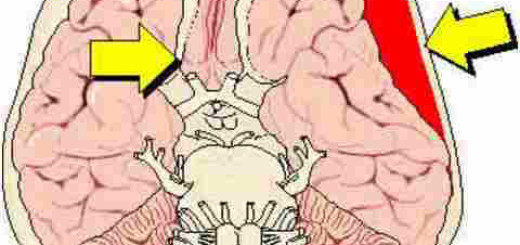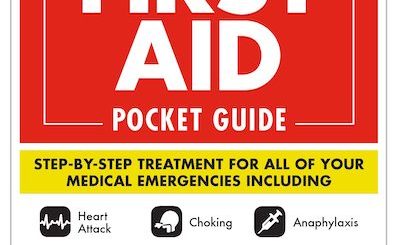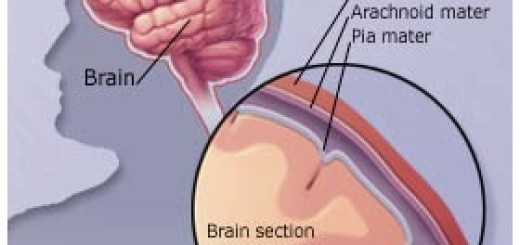Dementia Training for First Responders and First Aiders
In this first aid blog post we will take a closer look at dementia and Alzheimer’s disease.
What is Dementia?
Dementia is the term used to describe the symptoms of a large group of conditions which cause a progressive decline in a person’s functioning. It is a broad term to describe the loss of mental processing ability, including memory, communication, abstract thinking, judgment and self-control. It is different from simple forgetfulness and is not a normal consequence of aging.
The most commonly asked question is: What is the difference between dementia and Alzheimer’s disease? Quite simply, Alzheimer’s disease is one of the major causes of dementia but there are many others.
Alzheimer’s disease
Alzheimer’s disease is the most common form of dementia accounting for between 50% and 70% of all cases. Alzheimer’s disease is a physical condition that attacks the brain, resulting in impaired memory, thinking and behavior. As brain cells die, abnormal material builds up as neurofibrillary tangles inside brain cells and amyloid plaques outside the brain cells. These disrupt messages within the brain.
As Alzheimer’s disease affects a greater area of the brain, more functions and abilities are lost. The memory of recent events may be the first to be affected, but as the disease progresses, long-term memory is also lost. The disease also affects many of the brain’s other functions and, consequently, many other aspects of behavior.
Vascular Dementia
Vascular dementia: is the second most common cause accounting for up to 20% of all cases of dementia. Strokes and ministrokes (TIAs) can cause vascular dementia, as can poor circulation of blood to the brain. The symptoms of vascular dementia may appear similar to Alzheimer’s disease. It is common for the brains of persons with dementia to have both Alzheimer’s and vascular changes.
Signs and Symptoms of Dementia
- memory loss, especially short-term
- loss of initiative
- more difficulty solving problems or making decisions
- personality changes
- mood changes
- difficulties with familiar tasks
- disorientation to time or place
An early, accurate diagnosis of dementia helps individuals and their families plan for the future. It gives them time to discuss care options while the person can still take part in making decisions. Early diagnosis may, for some, also offer the best chance to treat the symptoms of dementia with the currently available Alzheimer’s disease medications.
Unfortunately, there is no cure for Dementia. Some medications can slow the progression of the disease.






it is always good to know and recognize the symptoms of an illness